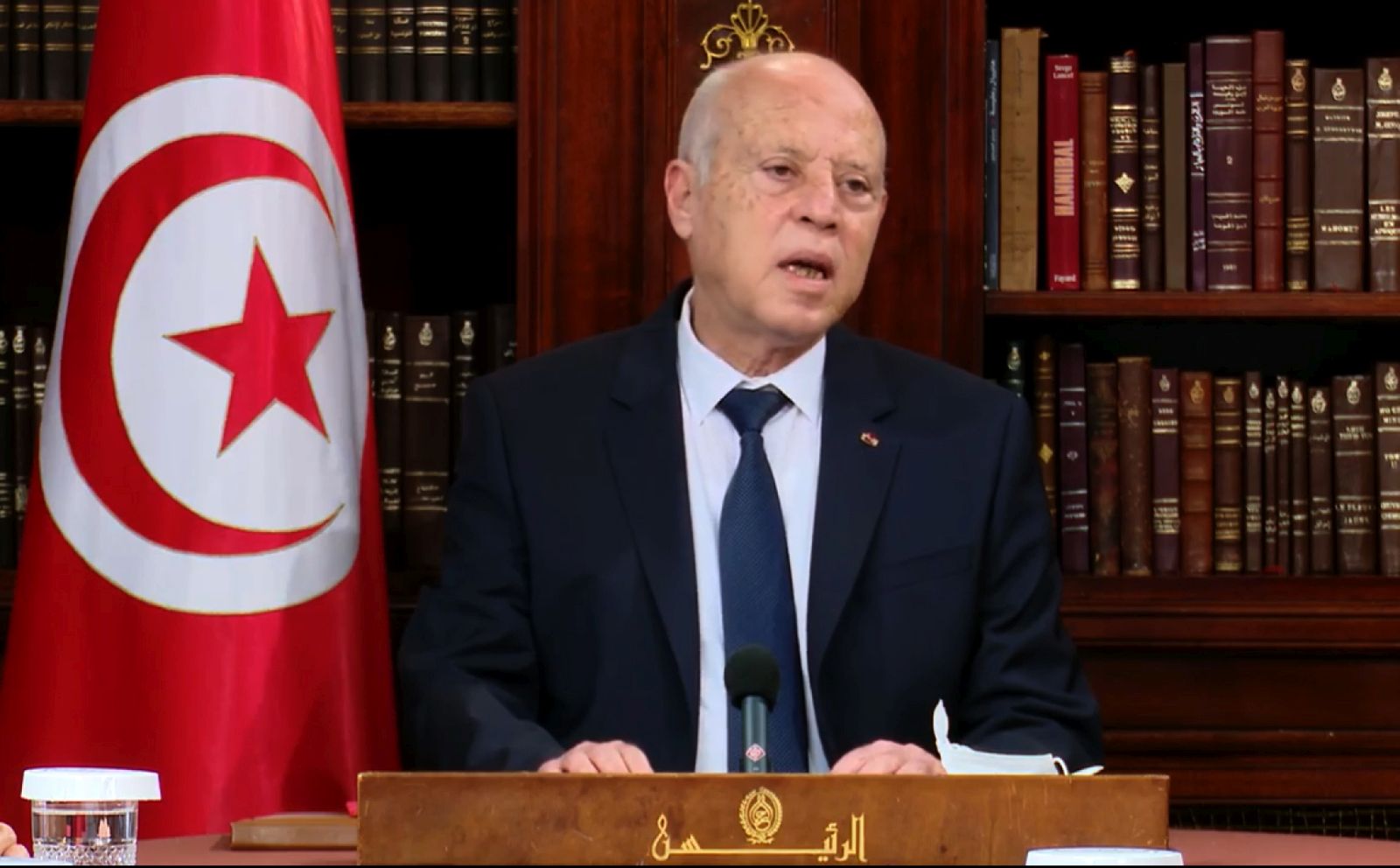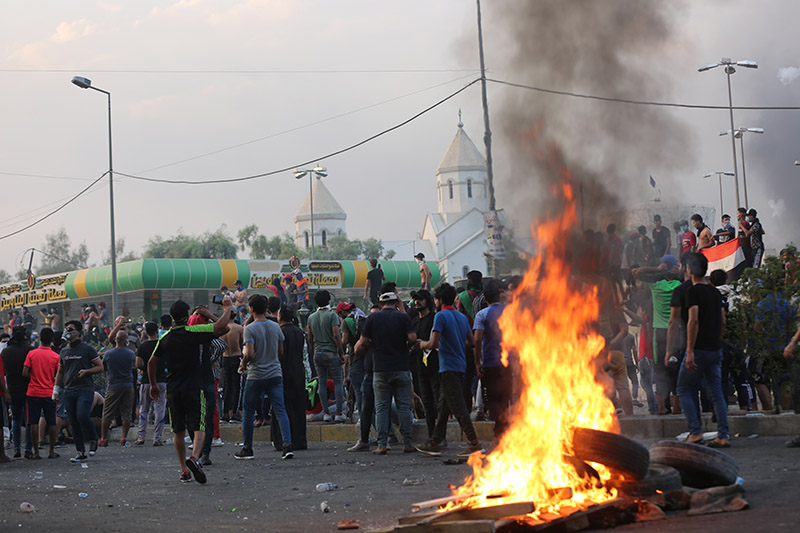Blog
When border-security forces are a cause of flight

The RSF are historically rooted in the Janjaweed militias that perpetrated horrific crimes in Sudan’s Darfur region one and a half decades ago. Because of their government-backed atrocities, the International Criminal Court unsuccessfully issued an arrest warrant for then-President Omar al-Bashir. Subsequently, western governments did their best to isolate his regime. Nonetheless, he stayed in power until his military removed him in April this year in view of the democratic uprising.
The sad truth is that the EU and the USA currently lack the credibility they need to forcefully promote democracy and human rights. US President Donald Trump shows no interest in doing so anyway. At this point, his authoritarian leanings need no detailed elaboration.
Britain’s government is incapacitated by the Brexit drama. The EU, however, has serious problems beyond this important member planning to leave. As right-wing populists became stronger in recent years, many EU policymakers began to focus on limiting immigration. They want African governments to do more to control people’s movement across borders, and the “Khartoum Process” serves that purpose. No, not all African governments involved have democratic legitimacy, and yes, even formerly ostracised al-Bashir has played a central role in it, which is why the process carries the name of Sudan’s capital.
“By stifling migration, Sudan’s feared secret police aid Europe”, was a headline in the New York Times in April 2018. According to the article, Sudanese police officers were even deployed in Europe, for example Italy. Moreover, it is understood that the RSF have been involved in border control.
The European public may not be fully aware of these developments, but African policymakers are. They see their EU counterparts, who like to demand good governance and human rights, prioritise border security in Africa over human rights. The reputation of Sudan’s regime has benefited from the Khartoum Process, and so have, at least indirectly, its finances. The EU insists that its funding has only served humanitarian purposes, but that gives the government breathing space, and inner-Sudanese transactions are plainly not transparent. African civil-society activists find EU policies exasperating – for example, though not only, in Niger.
Africa expert Martin Plaut states: “Whether the EU has, or has not, funded the RSF does not mean that EU support has not had a direct impact on the ground. It has served to embolden security actors, and caused them to adopt new objectives that have little to do with the protection of those migrating through their territory.”
Western governments’ current wavering is certainly not encouraging pro-democracy protestors, whether in Sudan, Algeria, Hong Kong or Russia. It is true, of course, that a country’s governance ultimately depends on the interaction of its domestic political forces. But while democracy cannot be imposed from outside, the international environment does have a bearing on domestic forces’ interaction.
European leaders like to say that they are fighting “causes of flight” and that border controls serve that purpose. The Sudanese experience shows that this is short-sighted. The RSF are themselves a cause of flight. Sudan may now be heading for renewed dictatorship or civil war. In either case, we must expect more people to flee.
After the World War II, great European leaders started the integration process that brought us the European Union. They wanted to establish a supranational alliance that would do more than safeguard human rights, democracy and peace in Europe. The ambition was also to assume a leading role in global affairs. If current EU leaders want to play such a role, they should back off from opportunistic collaboration with dubious leaders. That applies to the EU as a whole – and to every individual member country, including Germany of course.
P.S.: Last week, I promised to write a blogpost on functional development in China. I now hope to post it next Sunday.












